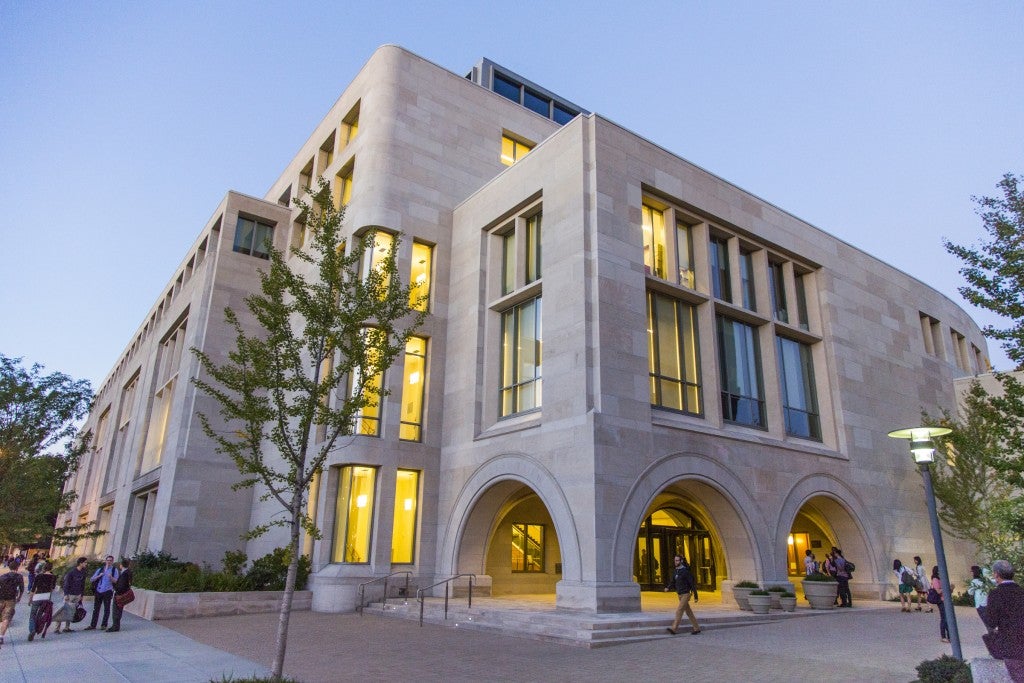The Harvard Immigration and Refugee Clinical Program joined the American Immigration Lawyers Association, Human Rights First and Kids in Need of Defense in filing a brief of amicus curiae in the case Matter of A-B-, a case that originated in immigration court but that is now before review of the U.S. Attorney General Jeff Sessions. The case presents the Trump Administration with an opportunity to reverse or restrict recognition of gender-based violence abroad as grounds for granting asylum in the U.S.
In his March 7 certification order, Sessions signaled his intent to pare back the government’s protection of women refugees fleeing gender violence. HIRC is represented in this matter by the law firm of Akin Gump.
The case concerns a woman from El Salvador who sought asylum in the United States because she had been sexually, physically, and emotionally abused by her husband. However, Attorney General Sessions certified the case to himself with the stated intent to review whether being a victim of “private criminal activity” is a ground for asylum protection. According to HIRC, his framing of the question and review of the case are veiled attempts to undo long-standing protections for persons fleeing gender-based violence.
The HIRC amicus brief contends that immutable characteristics like sex and gender are protected categories within the terms of the refugee definition, a position that the Department of Justice has recognized for 30 years. This principle is based on the seminal case, Matter of Acosta, and is in line with the global development of refugee protection for women. For decades, HIRC has been forwarding a principled approach to interpretation of refugee law that recognizes gender as a protected category and has led efforts to promote a gender-informed interpretation of the Refugee Convention.
Deborah Anker, Clinical Professor of Law and Founder and Director of HIRC said: “Mr. Sessions noted that our asylum system is meant to protect those who fear return to their home countries because of persecution based on ‘fundamental’ characteristics. Gender has long been acknowledged as fundamental to identity and when persecution occurs on account of gender, our domestic law and international law require protection.”
“HIRC has represented women asylum seekers since the early 1980s,” said Nancy Kelly, co-Assistant Director of HIRC at Greater Boston Legal Services and senior clinical instructor and lecturer on law at HLS. “Throughout our work we have successfully taken a gender informed approach to asylum representation which has created positive precedent. Jeff Sessions would like to see the end of protections for women refugees but advocates and communities are coming together to ensure that refugees in the U.S. find the protections our laws afford them.”
Sabrineh Ardalan, Assistant Director of HIRC and Assistant Clinical Professor of Law at HLS, said: “Through direct representation of women refugees HIRC and other advocates have laid the foundation for recognition of gender asylum from the bottom up. By filing this brief we join with other leaders in the field to ensure that the gains we have made in gender asylum law stand.”
A leader in the field of refugee and asylum law for over 30 years, HIRC was central to the drafting of the historic U.S. Gender Asylum Guidelines, which changed the course of U.S. asylum law in the recognition of violence against women as a basis for protection, and has played a key role in promoting appropriate and fair treatment of women in interpretation of U.S. asylum law. HIRC has represented thousands of women applying for asylum protection, and has established groundbreaking precedent in various federal Courts of Appeals.
